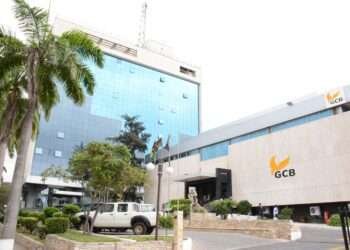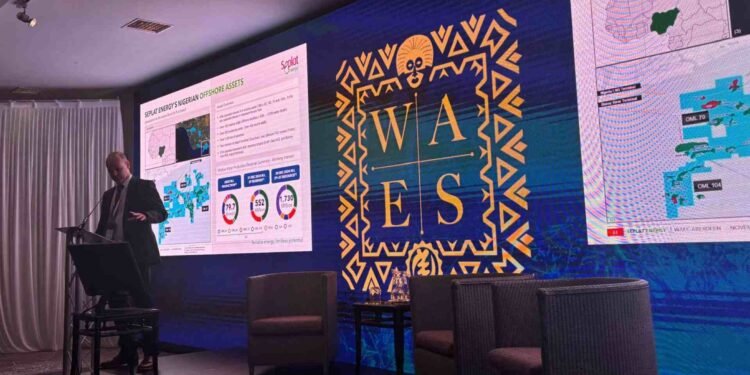The Ghana Stock Exchange (GSE) witnessed a dramatic session as Intravenous Infusions Limited (IIL) emerged as the biggest loser, crashing by a staggering 20%.
The bloodbath in IIL’s stock was compounded by a massive decline in trading activity, leaving investors reeling as turnover plummeted by 96% compared to the previous trading day.
Tuesday’s trading session on the Ghana Stock Exchange saw participation from 22 listed equities. Despite a positive movement in the benchmark indices, the market was characterized by a sharp divide between gainers and losers, with two stocks recording significant declines.
Leading the gainers’ chart was Republic Bank Ghana, which posted an impressive 9.68% share price appreciation to close at GHS 1.02 per share. It was closely followed by TotalEnergies Marketing Ghana, which added 6.65%, while Societe Generale Ghana and GCB Bank recorded marginal gains of 1.01% and 0.32%, respectively.
However, the optimism surrounding these gains was overshadowed by the dramatic fall of Intravenous Infusions Limited, which lost 20% of its value in a single day. SIC Insurance Company also shed 1.79%, but it was IIL’s plunge that rattled the market.
IIL’s 20% Collapse: A Cause for Concern?
IIL’s 20% drop is one of the most significant daily losses recorded on the exchange this year, raising eyebrows across the investment community. While no specific corporate action or public disclosure has been attributed to the slump, market watchers suspect a combination of investor sell-offs and low demand as key triggers.
The loss has placed a spotlight on the company’s fundamentals and investor confidence. For a pharmaceutical firm that once benefited from pandemic-era optimism, such a decline underscores growing concerns over long-term growth prospects, liquidity, and competition within the sector.
Turnover and Trade Volume Nosedive
Adding to the market’s woes, trading volume and turnover experienced a dramatic fall. At the close of the session, total traded shares stood at 401,501, representing a market value of GHS 1,230,810.78. This marked a staggering 96% decline in both volume and turnover compared to the previous trading day (Monday, July 28).
This decline in activity reflects weakening investor sentiment and possibly cautious trading amid fears of further volatility. The drop also suggests that while a few stocks enjoyed gains, broader market participation remains subdued.
Despite the overall slowdown in trading, MTN Ghana led the session in terms of volume, accounting for 151,559 traded shares. It was followed by Ecobank Transnational with 141,763 shares, GCB Bank with 42,871, and Republic Bank Ghana with 22,959 shares. These stocks continue to be favorites for both retail and institutional investors due to their liquidity and perceived stability.
Indices Hold Steady Despite Market Jitters
Interestingly, while the market faced turbulence from IIL’s sharp decline and the drastic drop in turnover, the GSE Composite Index (GSE-CI) climbed 25.58 points (0.38%) to close at 6,670.27. The index has now recorded a 1-week gain of 3.63%, a 4-week gain of 6.75%, and a year-to-date gain of 36.45%.
The GSE Financial Stocks Index (GSE-FSI) also posted a modest increase of 0.31%, closing at 3,424.00 points. Its performance represents a 1-week gain of 0.33%, a 4-week gain of 1.42%, and a year-to-date gain of 43.82%.
These figures suggest that despite short-term shocks and sector-specific setbacks, the broader market outlook remains positive, buoyed by consistent gains from financial and energy stocks.
The market capitalization of the Ghana Stock Exchange stood firm at impressive GHS 142.2 billion, reflecting the resilience of the exchange’s core listed firms. However, analysts caution that continued sell-offs and low trading volumes could eventually weigh on valuations if investor confidence isn’t restored.
Investors are likely to keep a close eye on underperforming stocks and corporate disclosures in the coming days. The market’s overall health will depend on how quickly trading activity picks up and whether confidence in small-cap stocks like IIL can be restored.
READ ALSO: Minority Slams Finance Minister over Failed Budget Execution























